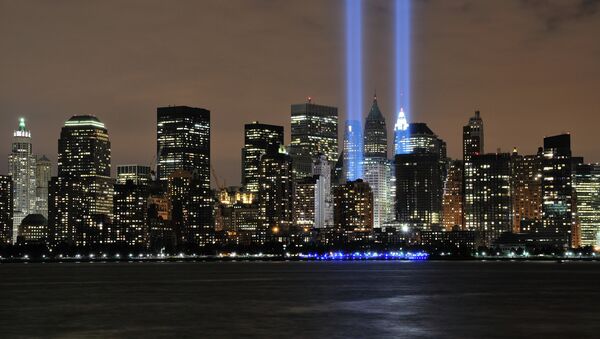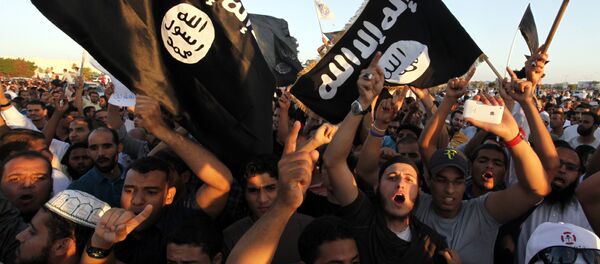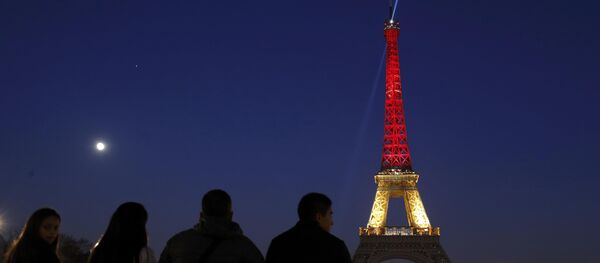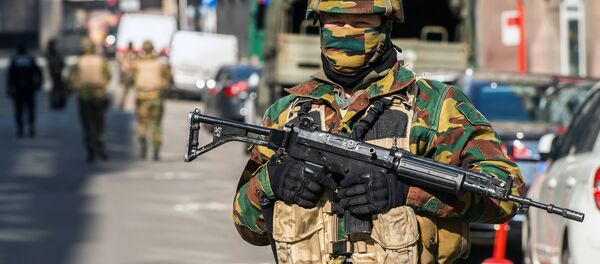Most of the attacks were concentrated, with 78 percent of victims in just five countries – Iraq, Nigeria, Afghanistan, Pakistan and Syria – though terrorism is spreading and the number of countries that experienced at least one death from terrorism in 2014 increased to 67.
It is thought that a total of 32,685 people died at the hands of terrorists in 2014, an increase of 80 percent in comparison with 2013.
The human cost of terrorism is beyond words, but some analysts have tried to quantify the direct and indirect financial losses of terrorism.
The IEP conservatively estimates the economic cost of terrorism reached its highest ever level in 2014 at US$52.9 billion. This is a 61 per cent increase from the previous year and a ten-fold increase since 2000.
Drawing the Line Post-9/11
The direct economic loss after 9/11 has been estimated at $80-90 billion, including clean-up costs, the loss of private business structures and business disruptions. This estimate does not include costs for the pain and suffering of those injured in the attacks, nor does it include insurance company losses designed to cover the direct losses, or any cost of rebuilding the World Trade Center.
The indirect losses are more difficult to measure; according to a report by academics at the University of Alabama called "Measuring the Economic Costs of Terrorism," the demand for air travel declined by more than 30 percent as a result of the 9/11 attacks, followed by another 7.4 percent decline in airline demand as a result of the inability of heightened airline security personnel to readily process travelers; overall, passenger fares declined by $1.5 billion.
Measuring the full cost of 9/11 becomes problematic because it becomes hard to know where to "draw the line," they write; the pain and suffering of victims and psychological trauma of a stunned nation are unquantifiable.
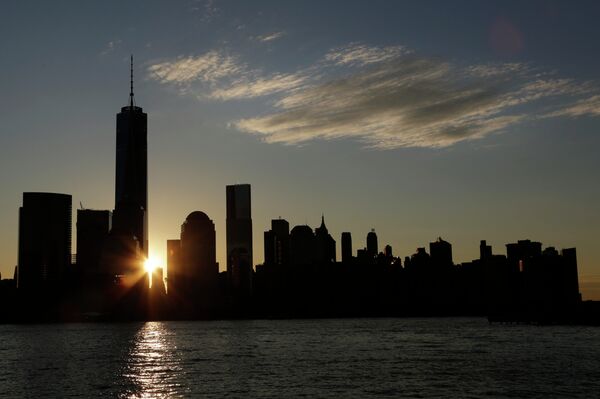
The total capitalized value of market shares on the New York, NASDAQ, and American stock exchanges declined by $1.7 trillion after 9/11, but recovered rather quickly.
The Aftermath of the Paris Attacks in November
Markets also rebounded relatively quickly following the Paris terror attacks on Friday November 13, in which 130 people were killed and hundreds more injured.
On Monday 16 the value of France's CAC-40 index fell by 1.2 percent but then rallied 0.3 percent during the day.
Companies in the travel and tourism industries were hit the hardest: the value of shares in Air France-KLM Group fell by 5.7 percent, Aeroports de Paris fell 3.7 percent, and Groupe Eurotunnel SE dropped 3 percent.
However, shares in Thales SA, the French maker of radars and electronic-warfare, rose 3.3 percent on Monday 16.
Around 83 million tourists a year visit France, and travel and tourism account for seven percent of GDP.
As a consequence of the Paris attacks Air France announced that it lost around 50 million euros ($56 million) in November, and 70 million euros ($78m) in December; however, the company stated on January 11 that there was "significant easing during the last two weeks" and expected "a progressive recovery."
In mid-December, a month after the Paris attacks, hotel and restaurant revenues in Paris were down 30-40 percent in comparison to the previous year.
Belgium's Previous Lockdown
Following the Paris terror attacks authorities in Belgium also put in place the maximum terror alert in Brussels. They deployed troops, shut the metro transport system and urged stores to close, citing the threat of a similar attack.
The Federation of Belgian Enterprises (FEB), which represents around 50,000 companies, estimated that the lockdown cost 350 million euros, more than half of which was borne by Brussels, mostly in the event, transport, tourism, hotels, restaurants and cafe sectors.
Almost 7.7 million tourists visited Belgium in 2013, and the terrorist attacks in Brussels on Tuesday are expected to have a significant effect on tourism there and even in other European cities, as cautious travelers decide to stay at home.
After the Paris attacks, for example, authorities in Rome installed metal detectors at the Colosseum after intelligence agencies identified Italian monuments as terror targets. Christmas markets and carnival processions in several German states were subject to greater security measures and police presence.
Terror Threat to Schengen
As well as the more easily quantifiable extra costs of security and direct losses to travel and tourism, the Schengen system of free movement that allows firms to freely move goods across European borders may also become curtailed because of fears that it allows the free movement of terrorists.
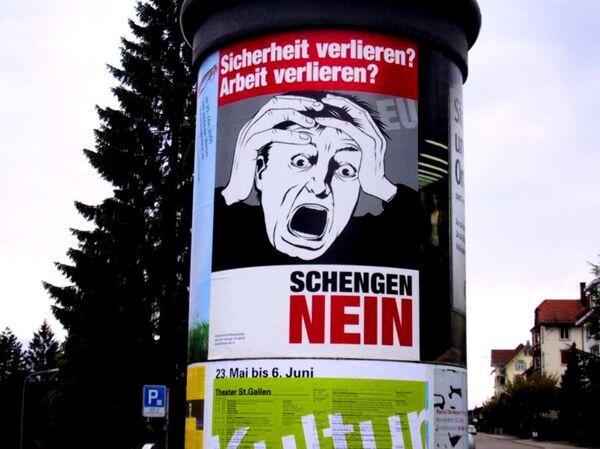
Howard called the EU "a flawed and failing project which is … failing to keep its people safe."
This failure, said the former politician, is "a consequence of the Schengen agreement which, according to the former Head of Interpol 'is like hanging a sign welcoming terrorists to Europe.'"
"How many attacks must we have before they take necessary and urgent measures to stop immigration and end Schengen?" Front National Senator David Rachlinen asked about border checks, which the EU estimates would result in costs of 3 billion euros ($3.4 billion) a year for businesses.

